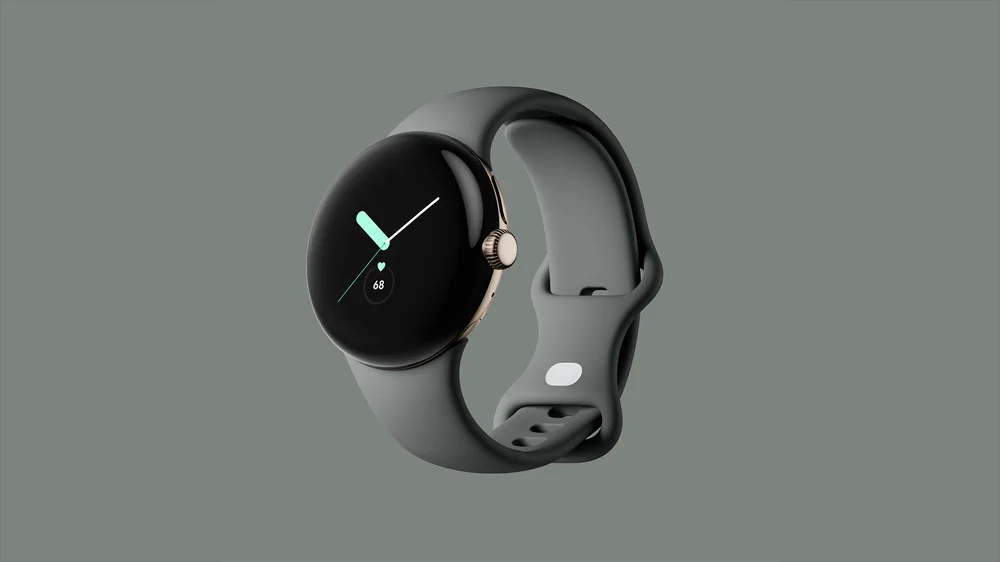Do you really want an AI to tell you if you’re going to die in the next four years? If you think about it, it’s scary

If you still think that artificial intelligence has no new news for you, get ready for what’s coming. Researchers from the Technical University of Denmark, in collaboration with others in the United States, have developed Life2vec, an AI with the ability to predict with 78% accuracy whether a person will die in the next four years.
Trained with Detailed data from more than six million people collected between 2008 and 2020 in Denmarkuses an advanced language model, similar to that used in artificial intelligence applications such as ChatGPT.
This model, so to speak and thanks to the data, is able to observe events in people’s lives and predict what future awaits them in the short term.
“We use the model to address the fundamental question: to what extent can we predict events in your future based on conditions and events in your past? Scientifically, what’s exciting to us is not so much the prediction itself, but aspects of the data that allows the model to provide such precise answers,” explains Sune Lehmann, professor at DTU and first author of the article published in Nature Computational Science.
This is how this AI tool that predicts your future works
As you have already seen, the basis of Life2vec lies in a broad and detailed collection of data, which are transformed into sequences of events in the life of each person.
To do this, you take a model like the one powered by ChatGPT and train it by observing the sequences of life events and learn to predict which ones may occur next, such as death. Once the model is trained, meaning it works as well as it can with that data, it is presented with information about a specific person, and the tool predicts what will happen in the future.
Sune Lehmann elaborates on this approach: “The exciting thing is to consider human life as a long sequence of events, similar to how a sentence in a language consists of a series of words. This is normally the type of task for which transformative models in AI, but in our experiments we use them to analyze what we call life sequences, that is, events that have happened in human life.”
In the aforementioned case, Life2vec has demonstrated surprising accuracy in predicting whether a person will die in the next four years, with 78% accuracy.
Mention that the potential of this tool goes beyond and in addition to predicting death, it has the ability to analyze different personality traits, such as the degree of sociability, self-esteem and vitality.
The problem is, do you really want to know if you will die in the next four years?
The idea of an artificial intelligence telling you if you are going to die in the next four years is actually quite scary. Imagine having that information directly from a machine.
First, it’s important to understand that AI, in this case Life2vec’s, uses detailed data from people’s lives to make these predictions. Examines aspects such as health, employment, income and other aspects to make your estimate. However, although it may have a high level of precision, it is not free of errors, and there is always a margin of uncertainty.
The central question here is whether you really want to have access to this type of information. Knowing when you could die already delves into important ethical issues. On the one hand, some might see it as an opportunity to prepare or make important life decisions.
On the other hand, for many, uncertainty about the future, including the moment of death, is part of the human condition and that is how it must continue. Some might find comfort or utility in having this foresight, while others would prefer to leave the future in the hands of fate—plus, an AI is incapable of predicting what might happen to you as soon as you leave home today.
With all this, let each one decide. In the end, those who want it will have access to this information, but they must know that it can fail—don’t spend your savings if the AI predicts that you are going to die, just in case. And you, would you like to know? Surely insurance companies are already very interested in this tool.



